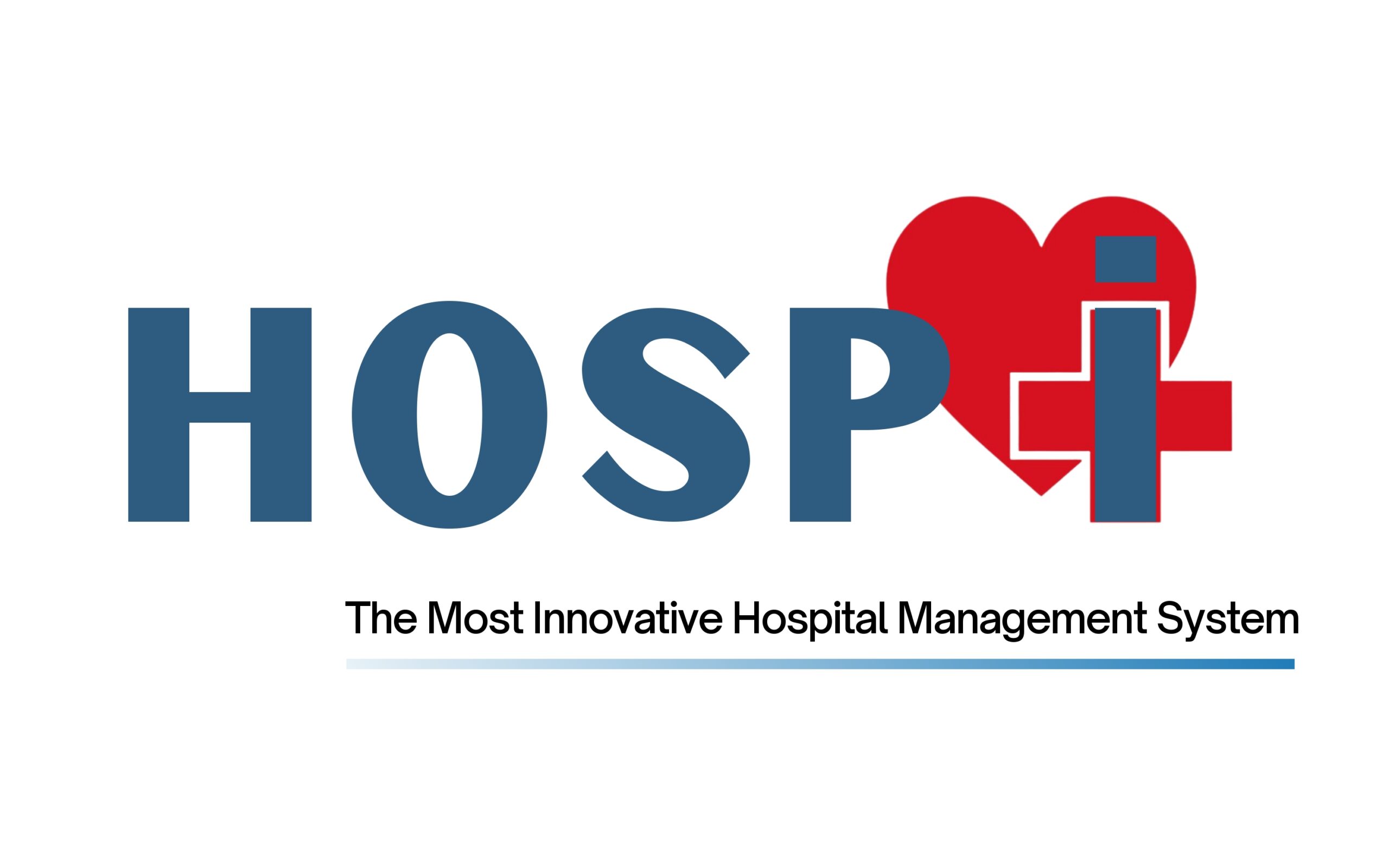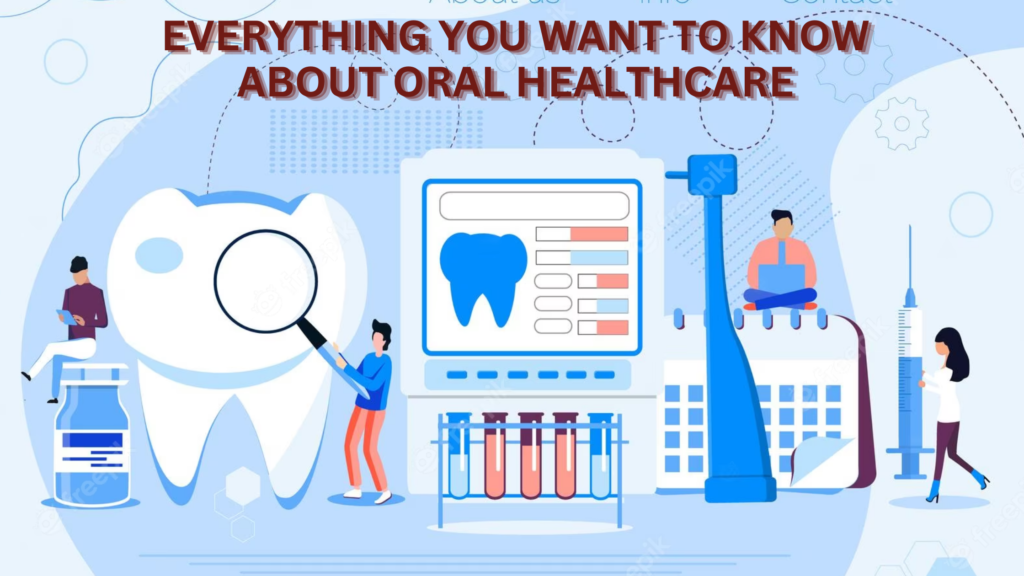A Comprehensive Guide on How to keep your Teeth Free of Germs
Oral healthcare is a vital aspect of overall well-being. A healthy mouth not only allows us to eat and speak comfortably but also plays a significant role in our self-confidence and social interactions. Dental health is intricately linked to our overall health, and neglecting it can lead to various oral and systemic issues. In this comprehensive guide, we will delve into everything you need to know about oral healthcare, including its importance, common dental problems, preventive measures, and the latest advancements in the field.
The Importance of Oral Healthcare
Keeping your teeth healthy entails more than just smiling brightly. It is crucial for overall well-being and a high standard of living. keeping your teeth free of germs is very essential for your overall health and quality of life. Here are some key reasons why oral healthcare matters:
1. Preventing Dental Diseases
Regular oral care, including brushing, flossing, and dental check-ups, helps prevent dental diseases such as tooth decay and gum disease. These conditions can lead to pain, tooth loss, and other complications if left untreated.
2. Boosting Self-Confidence
A healthy smile boosts self-confidence and improves self-esteem. It allows us to interact confidently in social and professional settings, contributing to overall mental well-being.
3. Protecting Overall Health
Oral health is connected to overall health. Poor dental hygiene can contribute to systemic issues such as cardiovascular disease, diabetes, respiratory infections, and adverse pregnancy outcomes.
4. Enhancing Digestion
Proper chewing, enabled by healthy teeth, is essential for good digestion. Food becomes easier for the digestive system to ingest and absorb nutrients when it is chewed into tiny pieces.
5. Saving Costs
Preventive oral care is more cost-effective than treating dental problems at an advanced stage. Regular dental check-ups and early intervention help avoid costly and invasive treatments.
Common Dental Problems
Despite the importance of oral healthcare, various dental problems affect people worldwide. Understanding these issues can help us take necessary precautions and seek timely treatment. Here are some common dental problems:
1. Tooth Decay (Cavities)
Tooth decay, also known as cavities or dental caries, is one of the most prevalent dental problems. It occurs when bacteria in the mouth produce acids that damage the tooth’s enamel, leading to small holes or cavities.
2. Gum Disease (Gingivitis and Periodontitis)
Gum disease refers to inflammation and infection of the gum tissues surrounding the teeth. It ranges from mild gingivitis (swollen, red gums) to severe periodontitis (gum and bone damage, tooth loss).
3. Bad Breath (Halitosis)
Bad breath is a common issue caused by poor oral hygiene, certain foods, smoking, or underlying medical conditions. It can affect self-confidence and social interactions.
4. Tooth Sensitivity
Tooth sensitivity occurs when the tooth’s protective enamel wears down, exposing the sensitive dentin underneath. It can lead to discomfort when consuming hot, cold, sweet, or acidic foods and drinks.
5. Tooth Erosion
Tooth erosion is the loss of tooth structure due to acid attacks, usually from acidic foods and drinks. It can lead to weakened and discolored teeth.
6. Dental Abscess
A bacterial infection results in a pus-filled pocket called a tooth abscess. It can be extremely painful and may require immediate dental attention.
7. Tooth Loss
Tooth loss can occur due to various reasons, including severe decay, gum disease, trauma, or congenital conditions. Missing teeth can affect speech, chewing, and appearance.
8. Oral Cancer
Oral cancer refers to cancer that develops in the mouth, lips, tongue, or throat. For effective treatment and survival, early discovery is essential.
Preventive Measures for Oral Healthcare
Taking preventative action is essential for preserving good oral health. Here are essential steps to protect your teeth and gums:
1. Regular Brushing
Its always better to brush your teeth with fluoride toothpaste and a soft-bristled toothbrush. Do it at least twice a day. Brushing helps remove plaque, bacteria, and food particles from the teeth’s surfaces.
2. Flossing Daily
Flossing once a day helps clean between the teeth and under the gumline, where a toothbrush cannot reach. It helps prevent gum disease and cavities in these hard-to-reach areas.
3. Using Mouthwash
Plaque and bacteria in the mouth can be reduced with mouthwash. Choose an antimicrobial mouthwash and use it as part of your daily oral hygiene routine.
4. Eating a Balanced Diet
A balanced diet rich in fruits, vegetables, whole grains, and lean proteins provides essential nutrients for strong teeth and gums. Avoid meals and beverages that are high in sugar and acid since they can cause tooth erosion and decay.
5. Avoiding Tobacco and Alcohol
Tobacco use, including smoking and smokeless tobacco, is harmful to oral health and increases the risk of oral cancer. Limiting alcohol consumption also benefits oral and overall health.
6. Regular Dental Check-Ups
Meeting with your dentist on periodic basis is the foremost important thing that you should never forget to do. Meet with your dentist on scheduled times for routine cleanings and physical examination of your teeth. . Dental visits help identify and address dental issues early on, preventing more extensive problems.
Regular dental check-ups are essential to catch and prevent oral health issues early on. Dentists can identify problems that may not be immediately apparent and provide professional cleanings to remove stubborn plaque and tartar.
7. Fluoride Treatments
Fluoride treatments at the dentist’s office or the use of fluoride toothpaste help strengthen tooth enamel and protect against cavities.
8. Dental Sealants
Dental sealants are thin, protective coatings applied to the chewing surfaces of the back teeth (molars) to prevent cavities in the pits and grooves.
9. Wearing Mouthguards
For individuals involved in sports or bruxism (teeth grinding), wearing mouthguards can protect teeth from trauma and wear.
Advanced Dental Care and Technology
Advancements in dental technology have revolutionized oral healthcare, improving diagnosis, treatment, and patient experience. Here are some cutting-edge advancements in dentistry:
1. Digital Dentistry
Digital technology has transformed various aspects of dentistry, including digital X-rays, intraoral scanners, and computer-aided design/computer-aided manufacturing (CAD/CAM) for dental restorations.
2. Laser Dentistry
Laser technology is used in various dental procedures, including gum surgery, cavity treatment, and teeth whitening. It offers precise and minimally invasive treatment options.
3. 3D Printing
3D printing technology allows for the fabrication of dental restorations, surgical guides, and orthodontic appliances with unparalleled accuracy and efficiency.
4. Implant Dentistry
Dental implants, a revolutionary solution for tooth replacement, have seen significant advancements in materials and techniques, leading to improved success rates and shorter treatment times.
5. Tele-dentistry
Tele-dentistry enables remote consultations and monitoring of patients’ oral health, making dental care more accessible, especially in rural or underserved areas.
6. Regenerative Dentistry
Regenerative dentistry focuses on promoting the regeneration of damaged dental tissues using stem cells, growth factors, and other biologically active substances.
7. Oral Cancer Screening Technology
Advanced screening technologies, such as VELscope and OralCDx, help dentists detect early signs of oral cancer for timely intervention.
Dispelling Common Myths
Myth: Sugar Is the Only Culprit
While sugar is a significant contributor to cavities, starchy foods can also break down into sugars, leading to decay. It’s essential to limit both sugary and starchy foods for optimal oral health.
Myth: Whiter Teeth Are Healthier
Having white teeth doesn’t necessarily indicate good oral health. Whitening treatments can sometimes mask underlying issues. Prioritize consistent oral hygiene and consult your dentist before undergoing any whitening procedures.
The Role of Dental Professionals
Oral healthcare is a collaborative effort between patients and dental professionals. Various dental professionals play essential roles in maintaining oral health:
1. Dentists
Dentists diagnose and treat dental issues, perform preventive measures, and oversee the overall oral health of their patients.
2. Dental Hygienists
Dental hygienists perform dental cleanings, educate patients about oral hygiene practices, and provide preventive care.
3. Dental Assistants
Dental assistants support dentists during procedures, prepare equipment, and assist in patient care.
4. Orthodontists
Orthodontists specialize in the alignment and correction of teeth and jaws using braces, aligners, and other orthodontic appliances.
5. Periodontists
Periodontists focus on the prevention, diagnosis, and treatment of gum diseases and other issues affecting the supporting structures of the teeth.
6. Endodontists
Endodontists specialize in root canal treatments and the treatment of dental pulp-related issues.
7. Oral Surgeons
Oral surgeons perform complex surgical procedures, including tooth extractions, dental implants, and corrective jaw surgeries.
For more blogs like this https://hospi.info/blog/
Conclusion:
Oral healthcare is a fundamental component of overall health and well-being. Taking care of our teeth and gums through regular oral hygiene practices, preventive measures, and professional dental care can prevent dental issues, protect our overall health, and enhance our quality of life. By staying informed about common dental problems, preventive measures, and advancements in dental technology, we can empower ourselves to make informed decisions about our oral health. Remember to prioritize regular dental check-ups and consult your dental professionals for personalized guidance on maintaining your oral health journey.
Oral healthcare is not just about having a beautiful smile; it is an integral part of overall health and well-being. Neglecting oral health can lead to various dental problems and even impact our overall health. By understanding the importance of oral healthcare, common dental issues, preventive measures, and advancements in the field, we can take the necessary steps to maintain optimal oral health and live a healthy and confident life. Regular dental check-ups and following the advice of dental professionals are key to a bright and healthy smile. Let’s prioritize oral health as an essential part of our daily self-care routine and invest in the well-being of our smiles for a lifetime.



